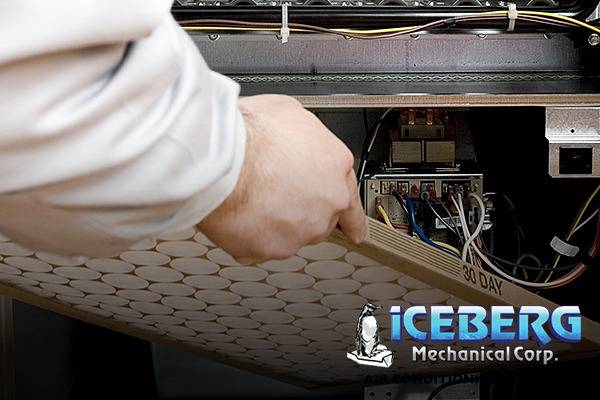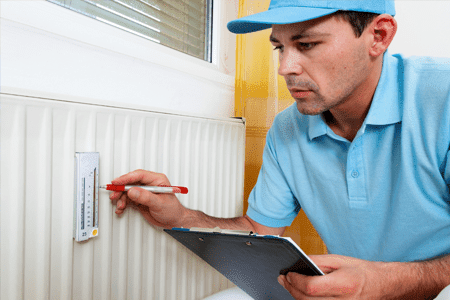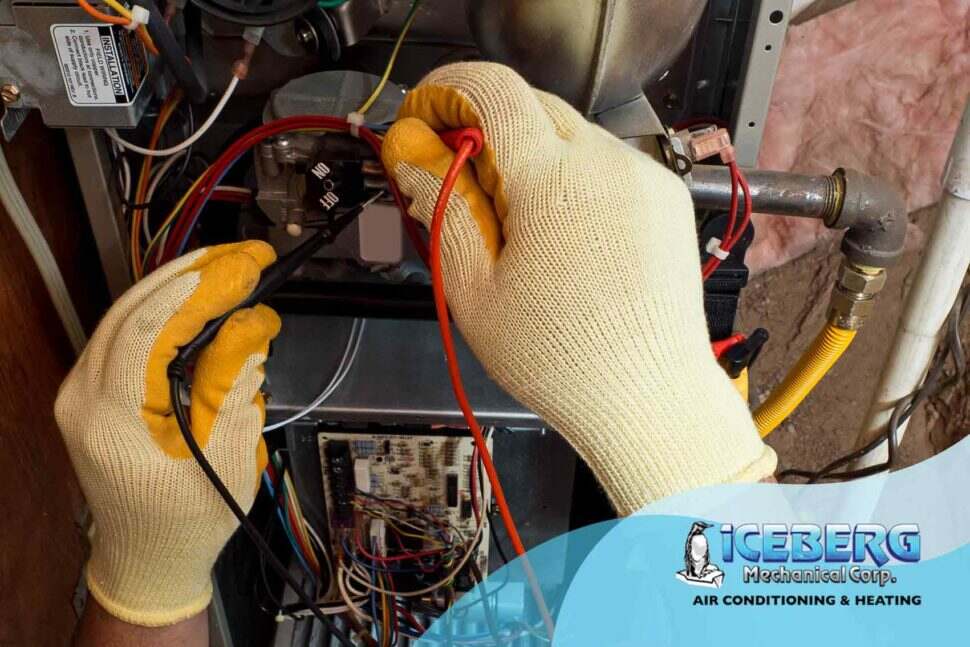
Table of Contents
| Section | Overview |
| Understanding Your Heating Costs | Learn what contributes to your winter heating expenses and how these costs fluctuate. |
| Energy Efficiency Tips for Lower Heating Bills | Discover actionable steps to improve energy efficiency and save on heating bills. |
| DIY Home Improvement Projects for Heat Retention | Simple home improvement projects you can do to retain heat and reduce energy use. |
| The Role of Regular HVAC Maintenance | How scheduling routine HVAC maintenance can prevent issues and keep heating costs low. |
| Smart Thermostats and Energy-Saving Technology | Explore how upgrading to smart thermostats and energy-efficient systems can lower your bills. |
| Common Heating Mistakes to Avoid | Identify common heating mistakes that could be driving up your energy costs. |
| Fun Facts About Heating and Energy Use | Check out some interesting facts about heating systems and energy use. |
| FAQs About Saving on Heating Costs | Frequently asked questions about cutting down on heating expenses this winter. |
Glossary of Terms
- HVAC: Heating, Ventilation, and Air Conditioning, which regulates indoor temperature.
- Thermostat: A device used to regulate the temperature of your HVAC system.
- Furnace: The component of your heating system that generates warmth for your home.
- Energy Efficiency: Using less energy to perform the same task, reducing energy waste.
- Ductwork: A system of ducts that distributes heated air throughout your home.
- Insulation: Material used to prevent heat from escaping your home, improving energy efficiency.
- SEER: Seasonal Energy Efficiency Ratio, a measure of the efficiency of your cooling system, which can affect heating performance.
- Smart Thermostat: A programmable thermostat that adjusts heating/cooling automatically to save energy.
- Heat Loss: The process where heat escapes your home, causing the HVAC system to work harder.
- Weatherstripping: Material applied to seal gaps around doors and windows to reduce heat loss.
Understanding Your Heating Costs
Winter in Brooklyn often brings higher heating bills, as your HVAC system works overtime to keep your home warm. Your heating costs depend on several factors, including the efficiency of your system, your home’s insulation, the age of your furnace, and how well you manage heat retention. Poorly maintained systems or homes with inadequate insulation can see heating costs rise dramatically. Understanding these factors helps you better control your energy usage and lower your bills.
According to the U.S. Department of Energy, heating can account for 45% of your utility bills during the winter months, making it a key area where homeowners can focus on cost savings. Regular HVAC maintenance, efficient systems, and mindful energy use all play a role in reducing your winter heating expenses.

Energy Efficiency Tips for Lower Heating Bills
One of the most effective ways to lower heating costs is by improving your home’s energy efficiency. Here are some strategies:
1. Seal Drafts
Drafty doors and windows are a major cause of heat loss. Use weatherstripping or caulk to seal any gaps around windows and doors. This keeps warm air inside, reducing the need for your heating system to work harder.
2. Upgrade Your Insulation
Proper insulation in your attic, walls, and basement can significantly reduce heat loss. A well-insulated home retains heat better, meaning your furnace doesn’t have to work as hard, which lowers your energy consumption.
3. Install Energy-Efficient Windows
Replacing old, inefficient windows with double-pane or energy-efficient windows helps reduce heat loss. If window replacement isn’t feasible, consider adding thermal curtains to keep the cold out.
4. Schedule Regular HVAC Maintenance
Regular maintenance, like changing filters and cleaning the furnace, ensures your system runs efficiently. A dirty or neglected system consumes more energy, leading to higher bills. Iceberg Mechanical offers comprehensive heating maintenance that keeps your system operating smoothly, saving you money in the long run.
DIY Home Improvement Projects for Heat Retention
In addition to professional maintenance, there are several home improvement projects you can tackle yourself to enhance heat retention and reduce heating costs.
1. Apply Weatherstripping
Adding weatherstripping around doors and windows prevents drafts, keeping warm air in and cold air out. This is an affordable and quick fix that can have a big impact on your heating bill.
2. Insulate Pipes and Water Heater
Wrapping insulation around your hot water pipes and water heater reduces heat loss, ensuring your heating system runs more efficiently.
3. Install Door Sweeps
Placing door sweeps under exterior doors blocks drafts that could cool your home. This is another simple way to keep warm air inside without raising heating costs.
4. Use a Fireplace Properly
If you have a fireplace, make sure to close the damper when it’s not in use to prevent heat from escaping up the chimney. Consider installing glass doors to better contain the heat.
The Role of Regular HVAC Maintenance
Routine HVAC maintenance plays a critical role in keeping your heating system efficient and reducing your energy costs. Without proper care, your system becomes less efficient, requiring more energy to heat your home, which leads to higher bills. During a maintenance check, a technician will inspect key components of your heating system, clean the furnace, check the thermostat, and make sure everything is running optimally.
A well-maintained heating system lasts longer, performs better, and is more energy-efficient. To ensure your system is winter-ready, schedule professional maintenance with Iceberg Mechanical today.

Smart Thermostats and Energy-Saving Technology
Upgrading to a smart thermostat is one of the easiest ways to save on heating costs. These devices allow you to set schedules and control your home’s temperature remotely. They can adjust the temperature based on your habits, lowering the heat while you’re at work or asleep and warming up the house just before you return.
Smart thermostats, like the Nest or Ecobee, are proven to lower energy consumption by optimizing your heating schedule. Installing one is a small upfront investment that leads to long-term savings. According to the EPA’s Energy Star program, a smart thermostat can save you about 10-12% on heating bills.
Common Heating Mistakes to Avoid
Avoid these common mistakes that could be inflating your heating bills:
1. Turning the Thermostat Up Too High
Many homeowners turn up the thermostat too high when it’s cold outside. This doesn’t warm your home faster and only wastes energy. Instead, set the thermostat at a steady, comfortable temperature.
2. Neglecting HVAC Maintenance
Skipping regular HVAC tune-ups can lead to reduced efficiency and higher heating bills. Schedule a professional maintenance appointment to ensure everything runs smoothly.
3. Blocking Vents
Ensure that no furniture or drapes are blocking your heating vents. Blocked vents reduce airflow, making your system work harder to heat your home.

Fun Facts About Heating and Energy Use 🌡️
- Fun Fact 1: Heating accounts for nearly half of the energy used in the average home, making it one of the largest contributors to your energy bills.
- Fun Fact 2: The concept of central heating dates back to ancient Rome, where hot air was channeled under floors in a system called a “hypocaust.”
- Fun Fact 3: A programmable thermostat can save you around 10% per year on heating and cooling costs by automatically adjusting the temperature.
FAQs About Saving on Heating Costs
1. How often should I have my heating system serviced?
You should have your heating system serviced once a year, ideally before winter begins.
2. Does upgrading to a smart thermostat really save money?
Yes! A smart thermostat can reduce your heating bills by up to 10-12% by optimizing temperature settings.
3. How can I reduce drafts in my home?
Seal gaps around windows and doors with weatherstripping or caulk to prevent drafts and heat loss.
4. Will regular maintenance reduce my heating costs?
Yes, regular maintenance improves the efficiency of your heating system, reducing energy consumption and lowering bills.
5. Is it better to keep the heat on all day or turn it off when I leave?
It’s better to lower the thermostat when you’re away and use a smart thermostat to warm the house just before you return.
Let Iceberg Mechanical Help You Save on Heating Costs This Winter
Taking proactive steps to reduce your heating costs doesn’t just save you money—it also keeps your home comfortable and your heating system running smoothly. Regular maintenance, upgrading to a smart thermostat, and making small home improvements all contribute to lower energy bills.
Ready to cut down on your heating costs this winter? Reach out to Iceberg Mechanical to schedule a maintenance appointment or get a quote for energy-saving upgrades.


